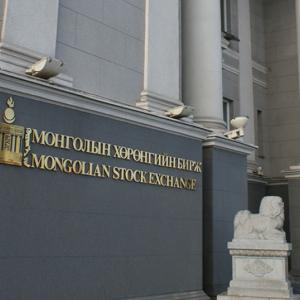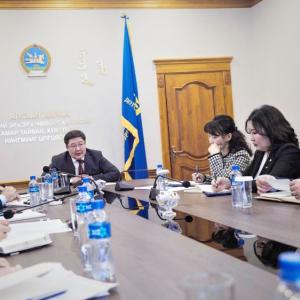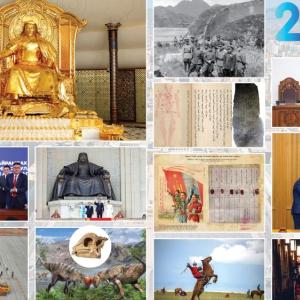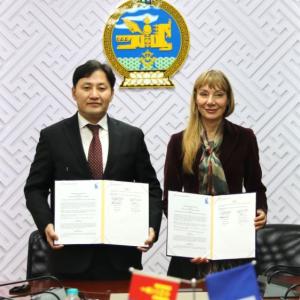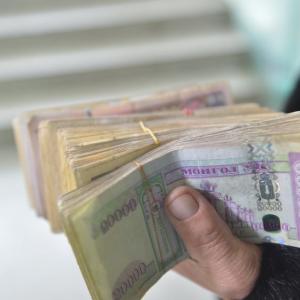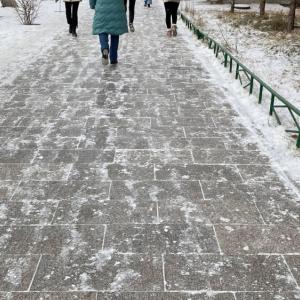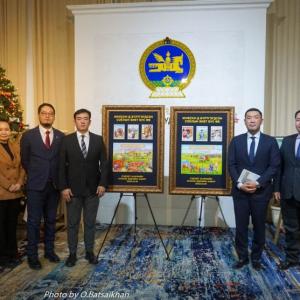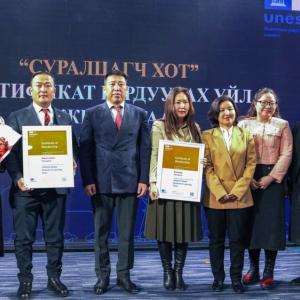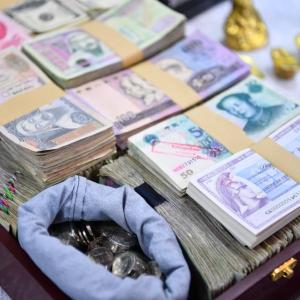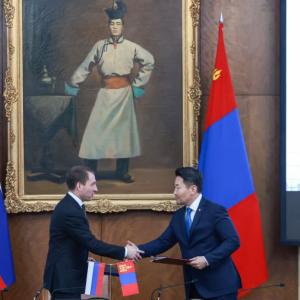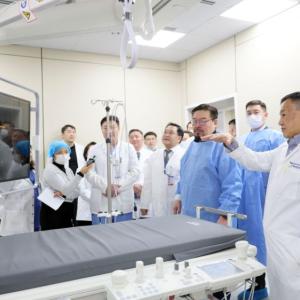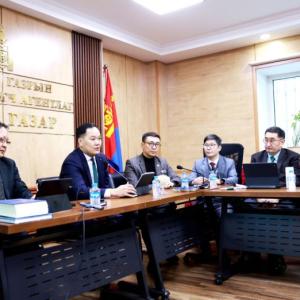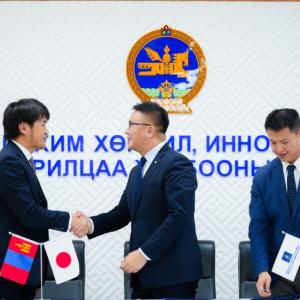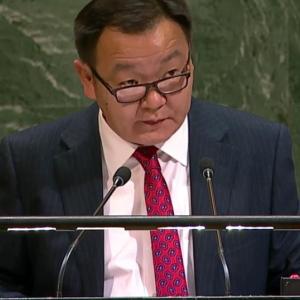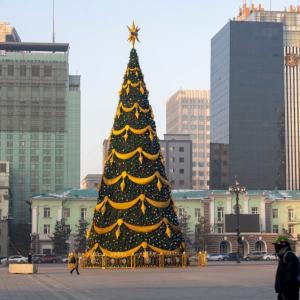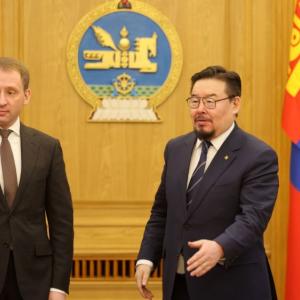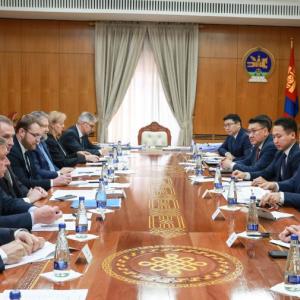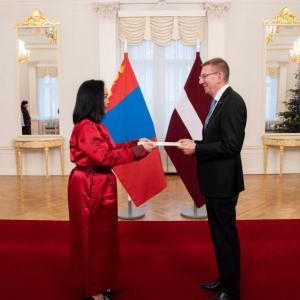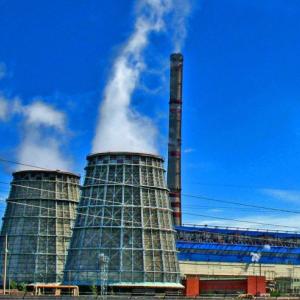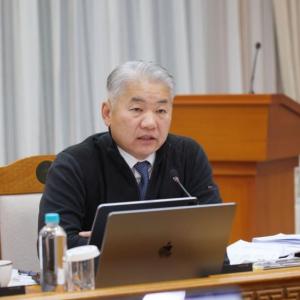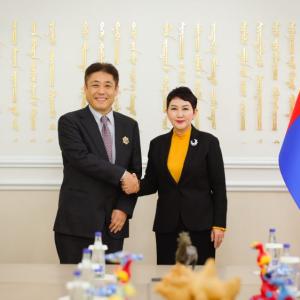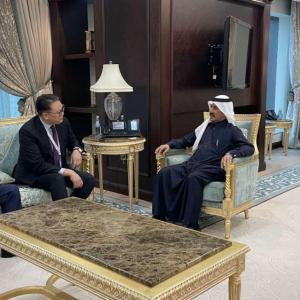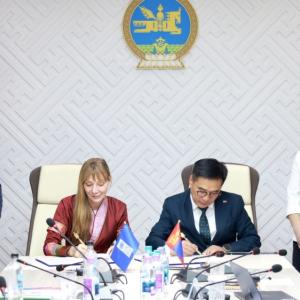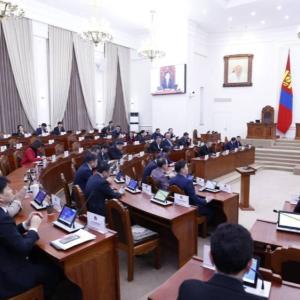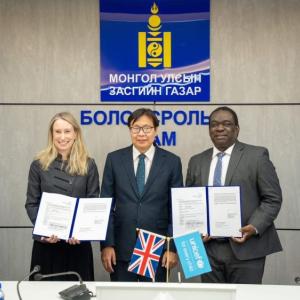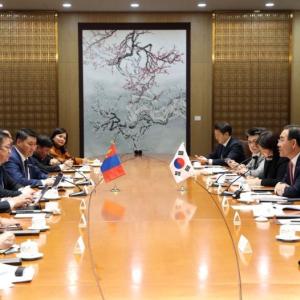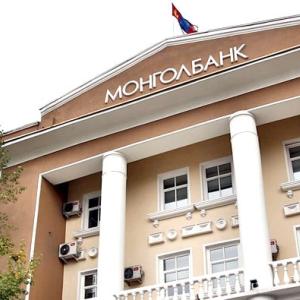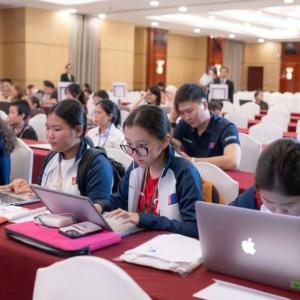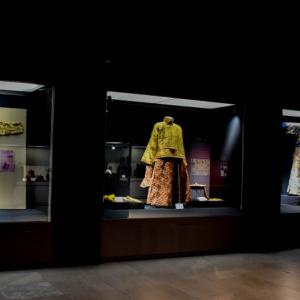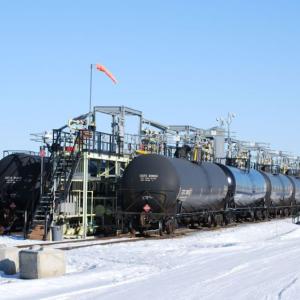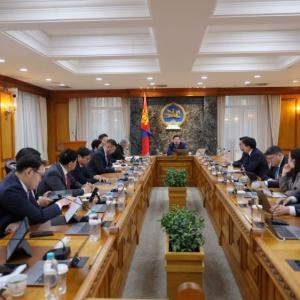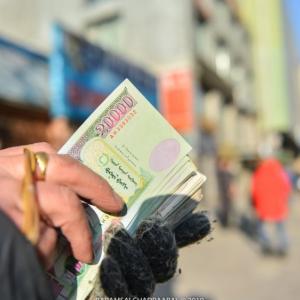2016 Top 10 World Events
The Mongol Messenger1. Terrorist attacks grow
Since the world has welcomed the year of 2016, numerous terrorist attacks have occurred in a few countries such as Belgium, France and Turkey, killing a large number of people.
On the morning of 22 March 2016, three coordinated suicide bombings at an airport and a metro station in Brussels, Belgium took place, for which the Islamic State of Iraq and the Levant (ISIL) claimed responsibility. The attacks killed 32 civilians and more than 300 people were injured.
Another terrorist attack on June 28 at the Istanbul Atatürk Airport killed 45 people and injured over 230 people. On July 14, Bastille Day the French National holiday, a cargo truck driven into crowds, resulting in deaths of 84 people.
2. Restoration of relations between US and Cuba and Barack Obama’s visit to Cuba

Slow but noticeable progress has been achieved in the bilateral relations between the United States and the Republic of Cuba since the US President Barack Obama has proclaimed to put efforts on the normalization of ties with Cuba in February 2014. At the end of last March, President Obama paid a historical visit to Cuba, becoming the first US sitting President to set foot in Cuba since the Cuban Revolution of 1959, which created a long term hostile relationship of the US and Cuba. President Obama held a meeting with Raul Castro to discuss trade and political reforms. Obama has also said that disagreement on human rights and democracy principles had still been hindering strengthening the diplomatic relations between US and Cuba.
3. British people choose to leave EU

The United Kingdom European Union membership referendum took place on June 23, which resulted in 52 percent of voters voting in favor of exiting the European Union and 48 percent of voters voiced to stay in the EU. As a result, the United Kingdom becomes the first country to withdraw from the EU. Exit talks of the UK leaving the EU should continue for two years. According to UK Prime Minister Theresa May, the negotiations will be completed in March 2017 enabling the country to quit EU officially.
4. 2016 Summer Olympics successfully held in Rio de Janeiro

XXXI Sumer Olympics Games - the world’s foremost sports competitions were held in Brazil on August 5-21. Despite several setbacks and challenges Brazil has faced with, including zika virus outbreak, economic recession and the country’s President Dilma Rousseff’s dismissal over for illegally using state money, Brazil a country of 200 million people populations in the South America has successfully organized the Olympic Games.
More than 11500 athletes from 206 countries and special administrative regions around the world participated. The United States topped the medal table with over 121 medals, China came in second for its 70 medals in total and the Great Britain finished third with 67 medals. Russia, Germany, France, Japan, Australia, Italy and South Korea were ranked in the first 10 at the medal table. Mongolian athletes have won 1 silver and 1 bronze medal and ranked at 67th place.
5. Half-century of civil war in Columbia ends

52 years of civil war in Columbia ended after a historic truce was signed by Columbian President Juan Manuel Santos and Commander in Chief of the rebel group Revolutionary Armed Forces of Colombia or FARC Timoleón Jiménez signed a truce on September 26 in Cartagena city of Columbia. After four years of peace negotiations, the Colombian state and the FARC announced consensus. The peace agreement sets out five main points concerning comprehensive rural development, FARC’s political participation, end of the conflict and illicit drugs.
A conflict between the government of Columbia and the FARC rebels were caused by fights over land ownership during the 1960s and over 200 thousand people have died and more than six million civilians have been forced to flee their homes. Last October, President Juan Manuel Santos was awarded the Nobel Peace Prize for his resolute efforts to bring the country's more than 50-year-long war to an end. He has said he will donate almost USD 925 thousand in Nobel Peace Prize money to the victims of the civil conflict.
6. Paris agreement on climate change enters into force

The Paris agreement on climate change were brought into effect on November 4. The United Nations Climate Change Conference held in 2015 ended with the agreement with participation over 190 countries’ within the framework of the international efforts to reduce green gas emission. The agreement calls for reduction of global level of green gas as soon as possible and zero net anthropogenic greenhouse gas emissions to be reached during the second half of the 21st century.
7. Donald Trump wins US presidential election

American billionaire Donald Trump, who was nominated from the Republican Party, won the US presidential election held on November 8. During his presidential campaign, Donald Trump promised to deport illegal immigrants, ban Muslims from entering the US in order to prevent from terrorism, increase jobs, combat climate change and quit Trans-Pacific Partnership. The inauguration of Donald Trump as the 45th President of the United States will take place on January 20.
8. UN tightens sanctions on North Korea after nuclear and missile tests

On November 30, the United Nations Security Council passed a resolution of sanctions against North Korea, which has deployed a series of ballistic missiles and launched nuclear tests in September for the fifth time. The resolution would restrict North Korea to export more than 7.5 million tons of coal from the UN Member States, capping the total coal export of the country at USD 400 million. The cap level set on coal export is merely a half of the current coal imports of North Korea. Also, the county was prohibited from importing some minerals, such as silver, copper and nickels. The sanction is expected to cut North Korea’s revenue by USD 800 million annually or more than 25 percent.
9. South Korean President suspended from office

After the South Korean prosecutors declared that Park Geun-hye is an accomplice in a corruption scandal involving her close friend, the South Korean Parliament voted for her impeachment on December 9. By secret ballot, some 234 members of 300 parliament members voted in favor of an impeachment of Park Geun-hye. The Constitutional Court of South Korea will conclude on the final decision within 180 days and until then, the Prime Minister is an acting president.
10. OPEC and non-OPEC to cut oil production

During a meeting held on December 10 in Vienna, OPEC and non-OPEC signed an agreement to curtail oil production jointly. This is the first time cut deal on oil output since 2008. In the scope of the agreement, OPEC members agreed to decrease output by 1.2 million barrels a day starting January 2017 until the first half of next year. Non-members will lower the daily oil production by 550 thousand barrels.
 Ulaanbaatar
Ulaanbaatar

















